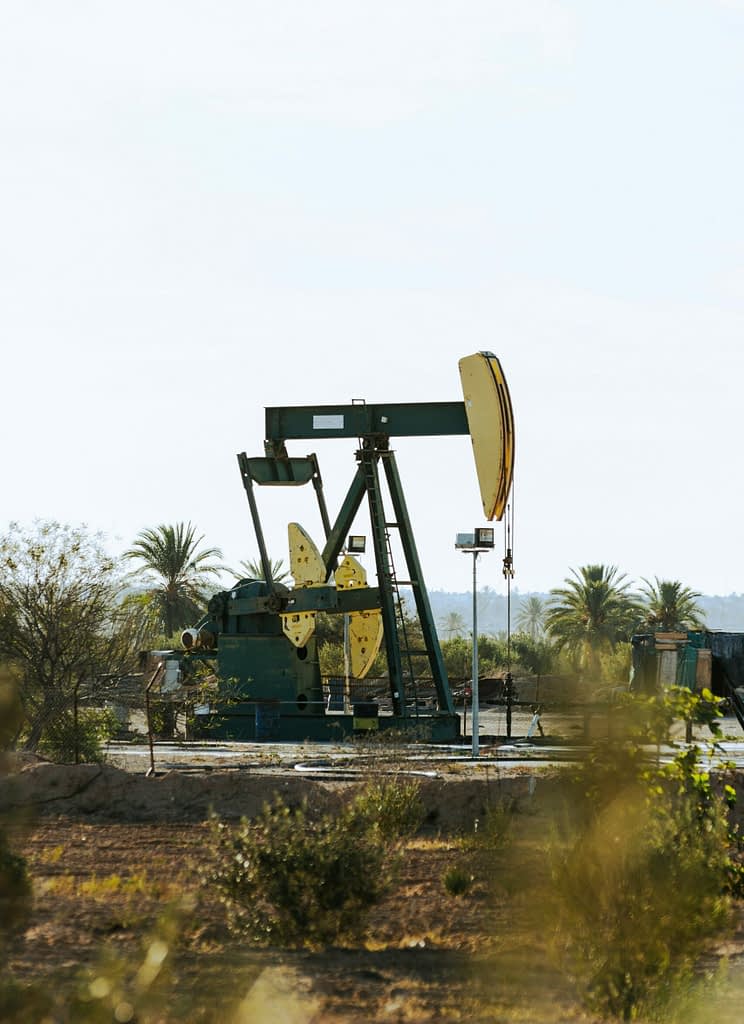The Trump administration has significantly limited the activities of American oil company Chevron in Venezuela, which could substantially impact global oil supply and create an attractive investment opportunity for energy commodity markets. The new license prohibits oil extraction and export of Venezuelan crude to the USA.
Key Changes in American Policy Toward Venezuela
The Trump administration has issued a limited license for Chevron Corporation, dramatically altering the conditions for American investments in Venezuela’s oil sector. The new authorization represents a return to restrictive policies from 2020-2022.
Main restrictions of the new license:
- Ban on operating oil fields in Venezuela
- Prohibition of Venezuelan oil exports to the USA
- Limitation of expansion activities in the country
- Permission only for basic infrastructure maintenance
Impact on Global Oil Market and Investment Perspectives
The loss of Venezuelan barrels represents a significant factor for the global oil market. Westpac analysts warn that “the loss of Chevron’s Venezuelan barrels in the US will force refineries to rely more on Middle Eastern crude.”
In recent years, licenses for Chevron and other foreign companies supported a mild recovery in Venezuelan oil production to approximately 1 million barrels per day. This volume will now disappear from the American market.
Factors influencing oil prices in 2025:
- Restrictions on Venezuelan exports to the USA
- Expected OPEC+ production increase in the second half of the year
- Potential new sanctions against Russia
- Non-compliance with production quotas by OPEC member countries
Strategic Consequences for Energy Investments
The current situation creates a complex investment environment in the oil market. While restrictions on Venezuelan exports push prices upward, the expected increase in OPEC+ production works in the opposite direction.
Phillip Nova analysts note that “oil prices have moved only marginally while the industry prepares for an oversupplied second half of the year.”
Geopolitical Risk as a Price Growth Catalyst
Trump hinted during the week at possible new sanctions against Russia, which according to ING analysts “increases the risk of further sanctions against Russia and threatens Russian energy flows.” This geopolitical uncertainty could significantly influence oil market price dynamics.
Key geopolitical factors:
- Continuing sanctions against Venezuela
- Potential expansion of sanctions against Russia
- Supply instability from the Middle East
- Trump administration’s trade policy
Technical Analysis of Current Oil Market
Oil prices recorded modest growth – Brent crude rose 0.4% to $64.34 per barrel and WTI crude to $61.13 per barrel. This movement reflects the balance between limited supply risk and expectations of increased production.
Investors are monitoring the planned OPEC+ meeting, where discussion of potential production increases in July is expected. Eight member countries could decide on production increases during Saturday talks.
Investment outlook for 2025
The current situation in Venezuela’s oil sector creates a unique investment opportunity. The combination of limited Venezuelan supply, geopolitical risks, and uncertainty regarding OPEC+ policy could lead to a volatile but potentially rewarding environment.
Strategies for energy commodity investors:
- Careful monitoring of geopolitical developments
- Portfolio diversification across energy sectors
- Utilizing volatility for short-term trading opportunities
- Long-term positions in quality oil companies
Trump’s restrictions against Venezuela represent a fundamental change in global energy geopolitics. Investors who can properly evaluate these changes may find attractive opportunities in energy commodity markets in the coming months.




